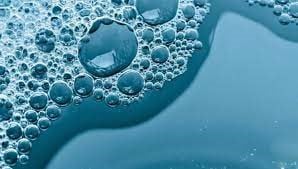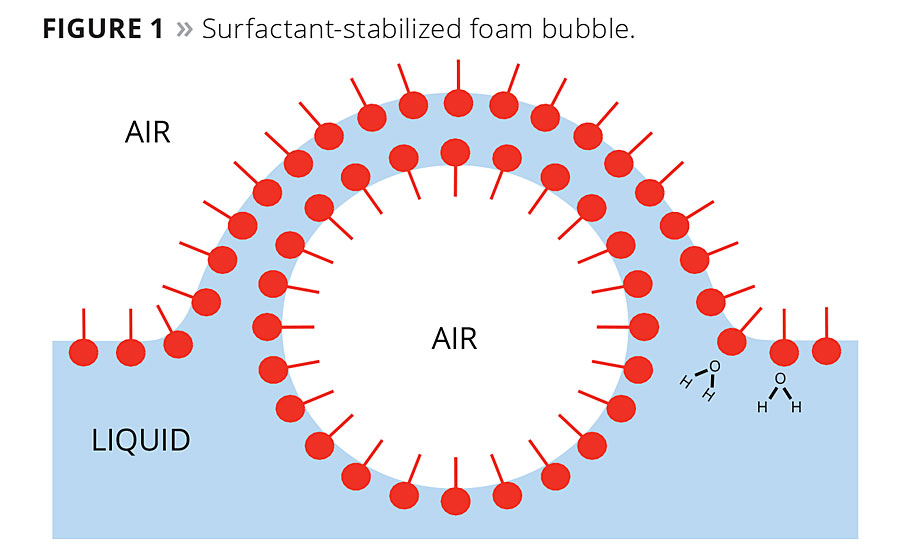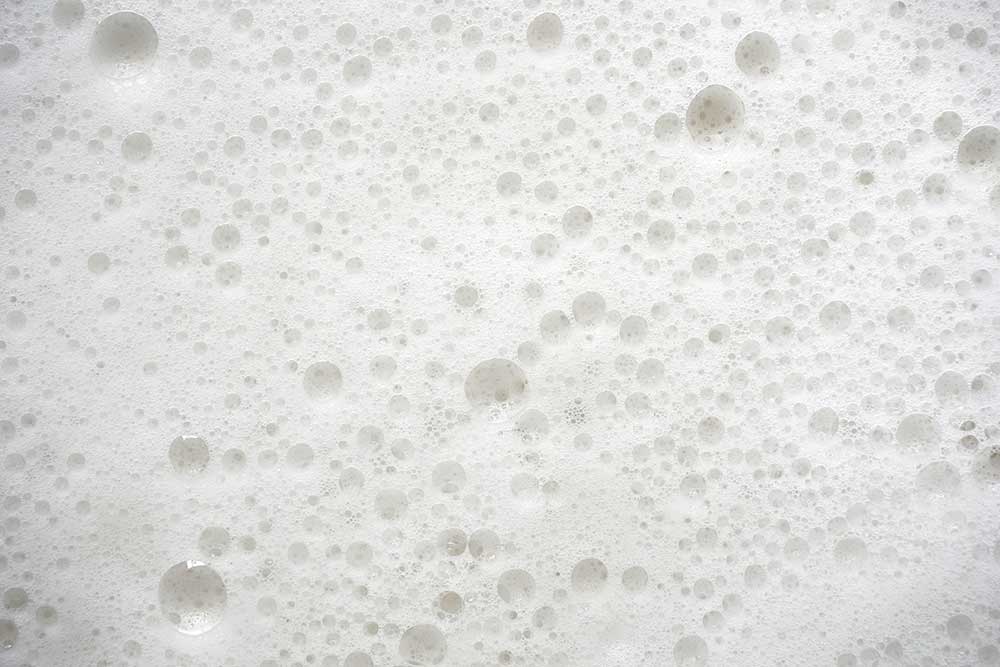Benefits of Using Defoamers to Enhance Operational Efficiency
Benefits of Using Defoamers to Enhance Operational Efficiency
Blog Article
The Function of Defoamers in Enhancing Product Top Quality and Performance
In various making processes, the presence of foam can dramatically impede product top quality and operational performance. Defoamers work as essential ingredients that reduce this concern, making certain smoother production operations while improving the functional and aesthetic characteristics of the last products (defoamers). Their application covers a multitude of markets, from food and beverage to drugs, where consistency and reliability are paramount. Nevertheless, the selection of the suitable defoamer can be critical to accomplishing optimum results, increasing vital concerns concerning formulation compatibility and performance metrics that warrant further exploration.
Understanding Defoamers
Understanding the role of defoamers is vital for preserving product high quality across different markets. Defoamers are chemical additives developed to avoid the formation and reduce of foam in liquid systems, which can adversely influence procedures such as blending, filling up, and surface tension. Lathering can lead to inefficiencies, product issues, and endangered visual charm, making defoamers an important element in manufacturing operations.
In industrial applications, defoamers help to enhance item consistency and security. The effective usage of defoamers not only makes certain smoother production procedures but additionally contributes to remarkable product efficiency.
Moreover, the choice and formulation of a defoamer need to align with certain application requirements, such as compatibility with other active ingredients, efficiency under differing temperature and pH conditions, and possible regulatory restrictions. Inevitably, understanding defoamers' features and their relevance in different solutions is critical for enhancing manufacturing and guaranteeing the best output.
Kinds of Defoamers
Defoamers can be classified into several types based upon their make-up and mechanism of action. The main kinds consist of silicone-based, non-silicone organic, and inorganic defoamers.
Silicone-based defoamers are among the most efficient, largely due to their ability to spread swiftly on the fluid surface area and interfere with foam formation. Their distinct chemical structure enables for remarkable security, making them ideal for high-temperature applications and settings with differing pH degrees.
Non-silicone natural defoamers, often composed of natural oils or fatty acids, are valued for their biodegradability and reduced toxicity. These are generally used in food and beverage applications where safety and environmental impact are extremely important.
Inorganic defoamers, which consist of substances like talc or calcium carbonate, act by boosting the thickness of the fluid, thus decreasing foam stability. They are typically made use of in commercial procedures where compatibility with various other materials is not an issue.
Each type of defoamer has distinct advantages and constraints, permitting for customized options depending upon the particular foaming concerns run into in different applications. Comprehending these differences is crucial for maximizing efficiency and accomplishing desired item top quality.
Applications Across Industries
Numerous sectors take advantage of defoamers to improve item top quality and operational performance. In the food and drink sector, defoamers are crucial in procedures such as brewing and dairy manufacturing to avoid foam formation, which can bring about ineffectiveness and product variance. By controlling foam, suppliers can make sure better return and a more consistent product.
In the pharmaceutical sector, defoamers play an important duty in the formulation of fluid medications, where too much foam can impede blending and accurate dosing. Their usage helps keep the integrity of the formulas and facilitates smoother manufacturing procedures.
The paint and finishings sector also depends on defoamers to improve the efficiency of products throughout application. By decreasing foam, these additives make sure a smoother finish and enhance the visual top qualities of the final product.

Advantages of Making Use Of Defoamers
While the application of defoamers differs throughout markets, their benefits constantly enhance item high quality and procedure effectiveness. One considerable advantage is the decrease of foam development throughout producing processes, which can otherwise bring about manufacturing hold-ups and disparities in product quality. By minimizing foam, defoamers make it possible for a smoother circulation of products, helping with much more efficient procedures and minimizing the possibility of equipment breakdowns.
In addition, the use of defoamers can improve the appearance and appearance of last products. In fields such as layers, paints, and food handling, excessive foam can endanger the visual aesthetic appeals and overall top quality, while the proper defoamer application guarantees a consistent surface and desirable attributes. Additionally, Click This Link defoamers can add to cost financial savings by reducing waste during manufacturing and enhancing making use of basic materials (defoamers).

Choosing the Right Defoamer
Choosing the best defoamer is vital for enhancing manufacturing processes and guaranteeing product quality. The choice of defoamer affects not just the performance of foam control however likewise the general performance characteristics of the final item. Variables to take into consideration consist of the sort of application, the chemistry of the formulation, and the ecological problems under which the product will be made use of.
Various markets may require specific defoamer kinds, such as silicone-based, natural, or polymeric defoamers. Comprehending the compatibility of the defoamer with the main ingredients is important to stay clear of damaging responses that could compromise product honesty. Furthermore, the defoamer's performance in numerous temperatures and pH levels must be reviewed to make certain constant performance.
Examining the defoamer in like this small applications can provide useful insights into its efficiency and suitability. Factor to consider of regulatory compliance, specifically in food, pharmaceuticals, and cosmetics, is extremely important in selecting a defoamer. Eventually, an extensive analysis of these elements will certainly bring about the selection of a defoamer that not just regulates foam efficiently however additionally enhances the high quality and efficiency of the final item.
Conclusion

Finally, defoamers are vital ingredients that significantly improve product high quality and efficiency throughout numerous sectors. By effectively reducing foam formation, these agents not only enhance operational effectiveness however likewise add to the visual and practical honesty of items. The critical option and application of defoamers bring about set you back financial savings, maximized source usage, and raised consumer contentment. Overall, the importance of defoamers in industrial processes can not be overemphasized, as they play an essential duty in attaining high-grade and regular results.
Foaming can lead to inefficiencies, product flaws, and compromised visual allure, making defoamers an essential part in manufacturing procedures.

Report this page